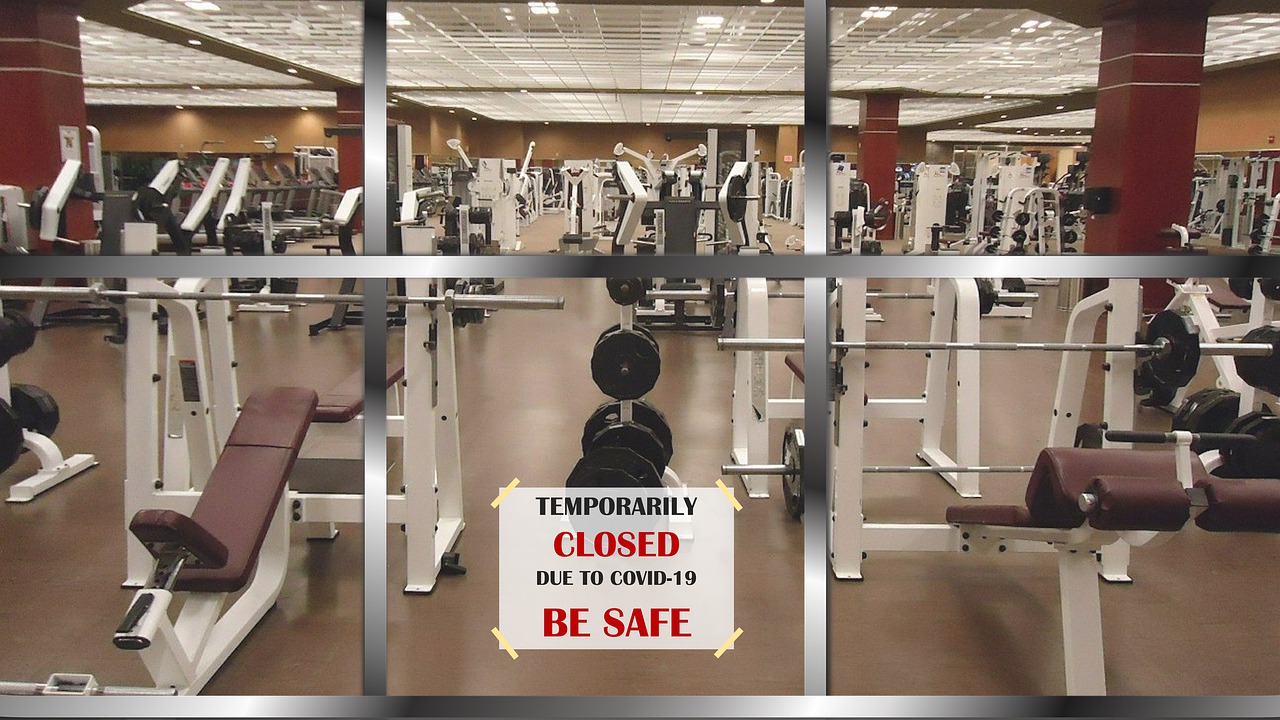Though everyone benefits from regular physical activity, many Americans don’t make an effort to exercise daily. In fact, a survey conducted by CDC revealed that 25% of American adults are physically inactive. This is even worse in West Virginia, Oklahoma, Louisiana, Alabama, Kentucky, Arkansas, and Mississippi, where the prevalence of physical inactivity reaches more than 30%.
Unfortunately, a sedentary lifestyle can lead to obesity. On top of that, people with this lifestyle may also struggle to overcome obesity because they’re used to being physically inactive. To break this cycle, here’s what you need to know about the role of fitness in healthy weight management:
Why Exercise Is Important For Healthy Weight Loss
If you want to lose or maintain your weight, you must start exercising. Excess calorie consumption is one of the major factors that cause obesity, but you can counter this by burning calories through regular physical activity. Aerobic exercises, like running, cycling, or swimming, can effectively burn excess calories, so they aren’t stored in your body as fat. Strength training can also help you get to a healthier weight because building your muscles can cause your body to use more energy, even while at rest.
On top of that, a study on the effect of exercise and fitness on obesity states that regular physical activity can also reduce your risk of obesity-related diseases, such as metabolic syndromes, cardiovascular illnesses, and Alzheimer’s disease. However, the study stated that you can better manage obesity by combining regular exercise with dietary interventions, cognitive behavioral therapy, and even pharmacotherapy. By pairing exercise with other treatments, you can address the causes of obesity and effectively reduce your weight.
How to Boost the Effectiveness of Exercise For Weight Loss
Follow a nutrition plan that’s customized to your needs
There are plenty of nutrition plans out there, but they may not work for you. Following a customized nutrition plan is crucial because it ensures that you can get all the nutrients you need for physical activities while also addressing obesity by controlling your fat and calorie consumption.
You can get a customized meal plan by consulting with a nutritionist. These professionals can recommend meals that are suitable for your fitness goals, health conditions, and even your financial budget. Aside from consulting a nutritionist, you can also use apps that create customized weight loss meal plans for greater accessibility.
Target the root causes of obesity through medicine
Genetics, hormones, and medical conditions can also cause obesity. It’s not easy to address obesity and these biological factors, so it’s important to consult your doctor about these conditions.
To help you combat these factors, your primary care provider may recommend medical weight loss interventions, such as FDA-approved medications for chronic weight management. These medications will address biological problems that cause obesity, but you need to pair them with lifestyle programs that can correct your eating habits and physical inactivity. Through these medications, you can achieve greater weight loss results from your diet and exercise plan.
Consider behavioral interventions for better lifestyle habits
If you still struggle to exercise daily or eat healthily, you may benefit from behavioral interventions. These interventions can eliminate behaviors that contribute to obesity so that you can properly build weight management habits.
You can address these habits through behavioral interventions that can help you track and improve your diet, physical activity, and body weight. Researchers discovered that behavioral interventions using technologies like websites and wearables can even lead to weight loss that’s similar to in-person interventions. But if you find it hard to correct your behaviors on your own, you can try patient education programs or cognitive behavior therapy to increase your willingness to exercise or diet.
It’s never too late to address obesity and physical inactivity. By making exercise a part of your daily routine, you can lose weight in a healthy manner and avoid any diseases related to obesity.




3 thoughts on “Understanding the Role of Fitness in Healthy Weight Loss”